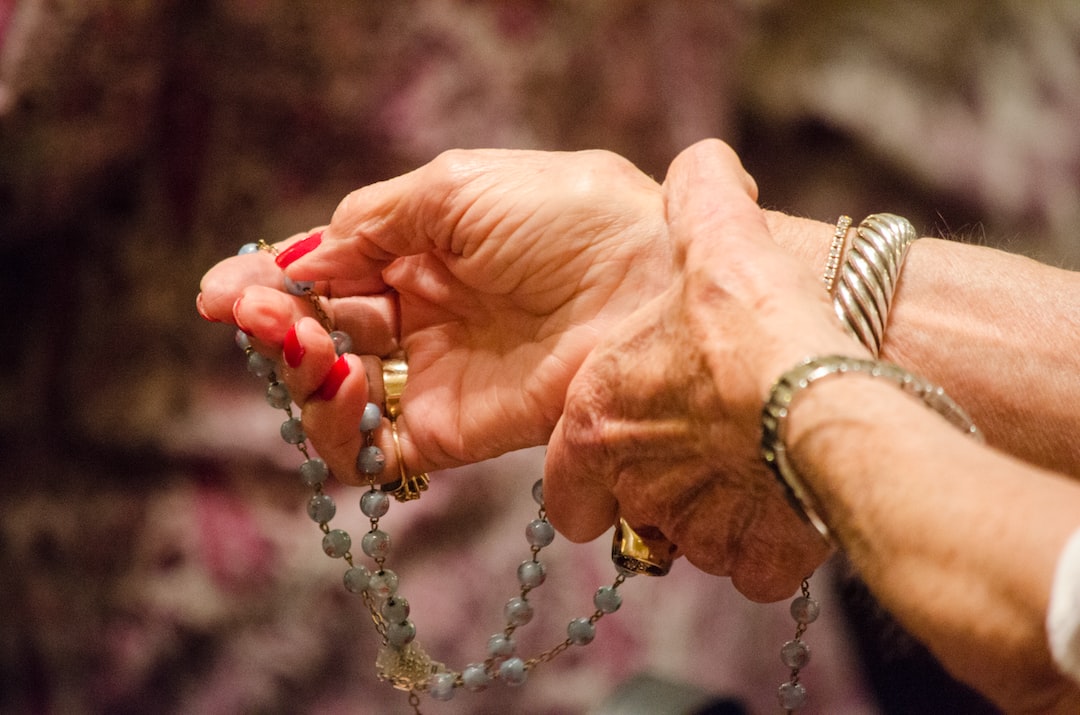Navigating Religious Diversity: Building Bridges and Fostering Understanding
In an increasingly interconnected world, it is crucial to navigate the complexity of religious diversity and foster understanding among different faiths. Religion has always played a significant role in shaping societies, providing individuals with moral guidance, and giving a sense of purpose and belonging. However, it has also been a source of conflict and division throughout history. To build bridges and promote harmony, it is essential to navigate religious diversity with an open mind and a willingness to learn.
One key aspect of navigating religious diversity is through education and knowledge-sharing. By understanding the basic tenets, beliefs, and practices of different religions, individuals can overcome stereotypes and misconceptions. Education programs and interfaith dialogues can help debunk myths and foster a deeper understanding and appreciation of diverse religious traditions. When people are informed about the similarities and shared values across faiths, it becomes easier to build connections and form a common ground.
Promoting religious literacy is not only crucial on an individual level but also on a societal level. Governments, educational institutions, and religious organizations can work together to create spaces and platforms that encourage interfaith dialogue and understanding. By engaging in sincere and respectful conversations, people can develop empathy and tolerance towards one another’s beliefs. It is through these conversations that individuals can challenge and expand their own perspectives and grow as individuals.
Another important aspect of navigating religious diversity is fostering an inclusive society. All too often, religion is used as a tool for exclusion, discrimination, and even violence. To counteract this, societies must promote inclusivity by protecting religious freedoms, encouraging diverse cultural expressions, and ensuring equal opportunities for all individuals, regardless of their religious background. By celebrating religious diversity and creating spaces for all to practice their faith freely, societies can strengthen their social fabric and promote peaceful coexistence.
Building bridges across religious divides also requires individuals to actively challenge their own biases and prejudices. Stereotypes and preconceived notions can hinder meaningful engagements with those of different faiths. It is important to recognize the diversity within religious communities and treat individuals with respect, rather than viewing them through a narrow lens. By acknowledging our shared humanity while celebrating our differences, individuals can build meaningful relationships with those from different religious backgrounds.
Navigating religious diversity in the 21st century requires a multifaceted approach. It demands education, dialogue, inclusivity, and self-reflection. By fostering understanding and building bridges, we can create a world where religious diversity is seen as an asset and a source of enrichment rather than division. It is through our collective efforts that we can navigate religious diversity and build a more harmonious and interconnected world for generations to come.

